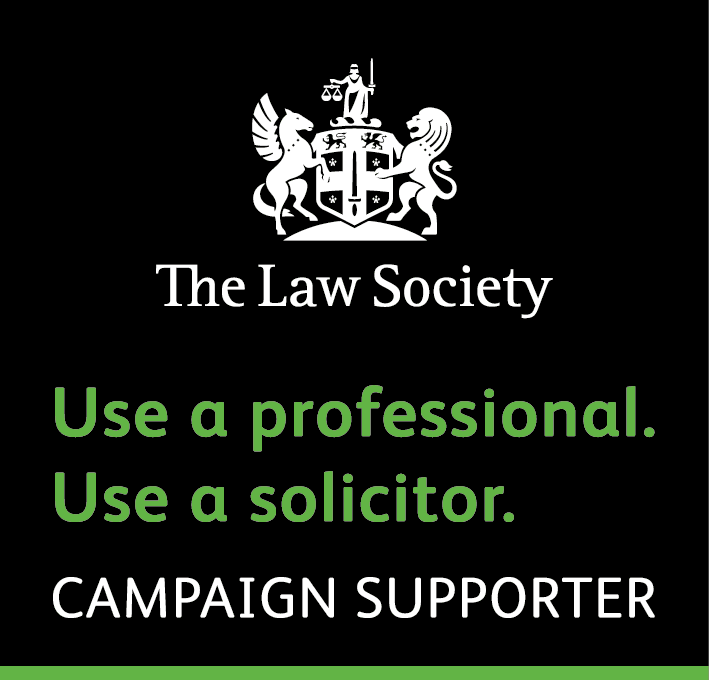Services
How to successfully negotiate the terms of your Settlement Agreement
If you have been presented with a settlement agreement you may well be considering some of the terms are unfair and too onerous.
This guide will help you navigate around the terms of a settlement agreement which are commonly amended in favour of the employee.
Many employers are now using ‘off the shelf’ settlement agreements which contains a standard set of clauses designed around their business. However parts of the agreement may well not be suitable for your particular circumstances and may cause you difficulty with regards confidentiality or securing a new role going forward.
This guide will assist you under in understanding what terms of the settlement agreement are up for negotiation.
Termination Payments
If you are looking for assistance on negotiating the compensation offered for the loss of your job in your settlement agreement read our complete guide here.
Non derogatory clauses
Employers will often seek to ensure you do not make any derogatory comments about them, their directors and employers once you sign the agreement. This will cover both written and oral comments. Social media is an integral part of our lives and is often used as a sound board when we face difficulties in our personal lives. Employers are fully aware their bad behaviour will be publicised on social media. A settlement agreement gives them the opportunity to ensure you are not free to take such action. In their eyes they are offering you preferential termination payments for this compromise.
It is important that your obligations do not go too far. Employers will often refuse to remove these clauses entirely however additional wording can be included to ensure a reciprocal obligation is placed on your employer to stop them making any negative comments about you in the future.
If you have been presented with a settlement agreement you may well be considering some of the terms are unfair and too onerous.
This guide will help you navigate around the terms of a settlement agreement which are commonly amended in favour of the employee.
Work reference
Generally, there is no legal obligation on an employer to provide a reference within a settlement agreement (apart from some regulated industries). If they choose however to provide an employee reference, they are obliged to take reasonable care to ensure any information given is accurate.
If your settlement agreement does not include a reference this is definitely something which can be negotiated and something we would always recommend is secured before a settlement agreement is finalised.
Confidentiality clauses
Settlement agreements will usually contain confidentiality clauses, which have two purposes. Firstly, to ensure that the terms of the settlement agreement itself remain confidential and secondly, to limit what you are able to tell others about your employer’s business. Often the clauses regarding discussing the terms of the settlement agreement and the circumstances giving rise to the settlement can be restrictive making it difficult to discuss your employment history with any future employers.
Should you feel your settlement agreement clauses are too restrictive or you are just unsure get in touch and speak to one of our expert solicitors.
Settlement agreement breach clauses
Settlement agreements now frequently include specific clauses which set out circumstances in which the employer will consider the employee having breached the settlement agreement. This includes bring a claim in the employment tribunal, making derogatory or negative comments about the employer having agreed not do so and disclosing confidential information about the employer’s business.
These clauses are designed to protect the employer’s interest and provide a genuine deterrent to employees breaching the terms of the settlement agreement. Often however, the terms can be unfairly restrictive or have unintentional consequences for the employee. It is important these ‘breach’ clauses are carefully considered. Assistance from an experienced settlement agreement solicitor is crucial in getting the wording correct.
Restrictive Covenants
Restrictive covenants, or post termination restrictions, are usually clauses found in an employment contract. They can also be introduced in a settlement agreement. They are clauses which set out the activities that the employee must not do or get involved with for a given period of time after the end of their employment. They therefore stop an employee from doing certain activities after their employment has ended and after a settlement agreement has been signed off.
Restrictive covenants often include:
- Non-compete restrictions – stopping employees working for competitors
- Non-solicitation and non dealing - This prevents the employer from enticing the employers’ customers or suppliers away after leaving
- Non-poaching restrictions – stopping employees from stealing customers, suppliers, business contacts
- Confidentiality restrictions – stopping you from divulging sensitive information about your employer or their clients
Although the intention behind these clauses is designed to protect the interest of an employer, the interests of the employee are often left behind and can cause difficulty in securing gainful employment going forward.
Our solicitors often negotiate complete exits from these clauses or restrictions, which are more favourable to the employee.

Solicitor Call Back
Request a FREE no obligation consultation with a solicitor by completing the form below
You can learn more about how we handle your personal data by viewing our Privacy Policy
Ready to speak to an employment law expert?
What makes SA Solicitors different ...
Common settlement agreement issues our solicitors deal with ...
> Counter Offers
> Negotiating Tactics
> Termination Payments
> Compensation Payments
> Grievance Issues
> Notice Pay
> Tax Payments
> Furlough Advice
> Discrimination
> Constructive Dismissal
> Unfair Dismissal
> Redundancy
> Bullying & Harassment
> Sick Absence
> Disciplinary Proceedings
> Capability Arguments





